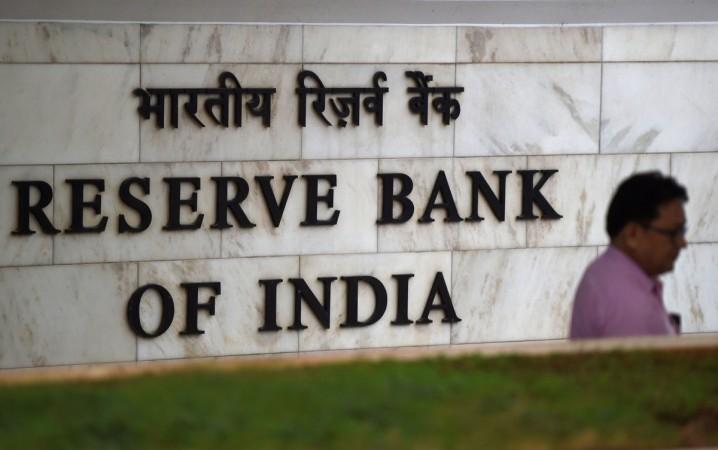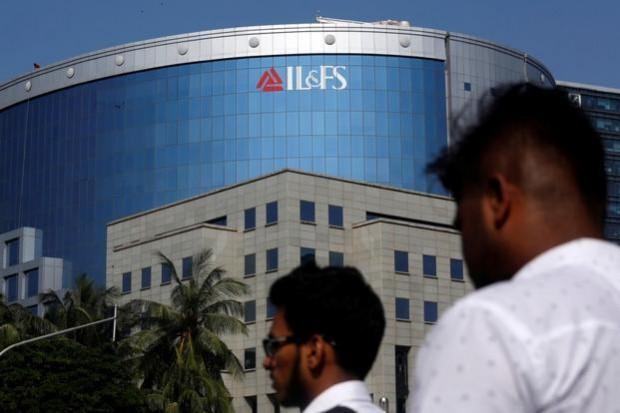
Making serious allegations against the Reserve Bank of India (RBI), the Serious Fraud Investigation Office (SFIO) said that the timely intervention by the central bank could have led to early detection of the crisis at the Infrastructure Leasing & Financial Services Ltd (IL&FS). Notably, one of India's largest non-banking financial company, IL&FS, defaulted on payments multiple times which sent ripple effects in the Indian economy. The SFIO, in its chargesheet, said that the IL&FS subsidiary IL&FS Financial Services (IFIN) which is at the core of the investigation was allowed to operate despite RBI raising a red flag. Shockingly, the RBI did not take any action even after raising concern.
According to Economic Times, the SFIO chargesheet has recommended RBI to conduct an internal investigation and take "appropriate action". In its chargesheet, the SFIO highlighted, "Action at the right time may have prevented ballooning of the matter." It further added, "It is observed that RBI had repeatedly pointed out noncompliance with the group exposure norms and wrong calculations of net owned funds (NOFs) in its inspection reports for the year 2015 onwards."

Notably, no penalties were imposed on IFIN and the subsidiary was allowed to operate without taking any corrective measures. The chargesheet read "It was only in November 2017 (that) the classification of group companies in order to arrive at NOF and credit to risk assets ratio (CRAR) as per RBI Act was strongly conveyed to IFIN." The SFIO, which is the investigation arm of the Ministry of Corporate Affairs submitted that the report must be shared with the apex bank. Interestingly, it is the first time that the SFIO has raised the question on the RBI's role in the IL&FS issue. The recent times have witnessed SFIO arresting the former directions and filing chargesheets against the many of senior top management officials of the financially troubled company.
Regarded as the 'Lehmann moment of India', the IL&FS started defaulting on re-payment of loans last year and is reeling under a whopping Rs 90,000 crore debt. The default of one of the largest non-banking Financial companies (NBFC) infused market-wide credit freeze whose effect can be witnessed till date.









!['Had denied Housefull franchise as they wanted me to wear a bikini': Tia Bajpai on turning down bold scripts [Exclusive]](https://data1.ibtimes.co.in/en/full/806605/had-denied-housefull-franchise-they-wanted-me-wear-bikini-tia-bajpai-turning-down-bold.png?w=220&h=138)



